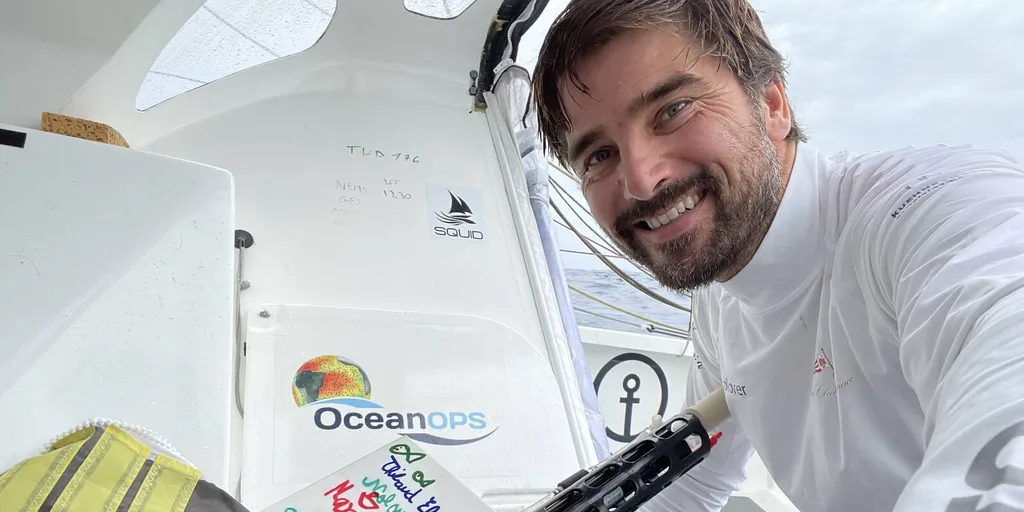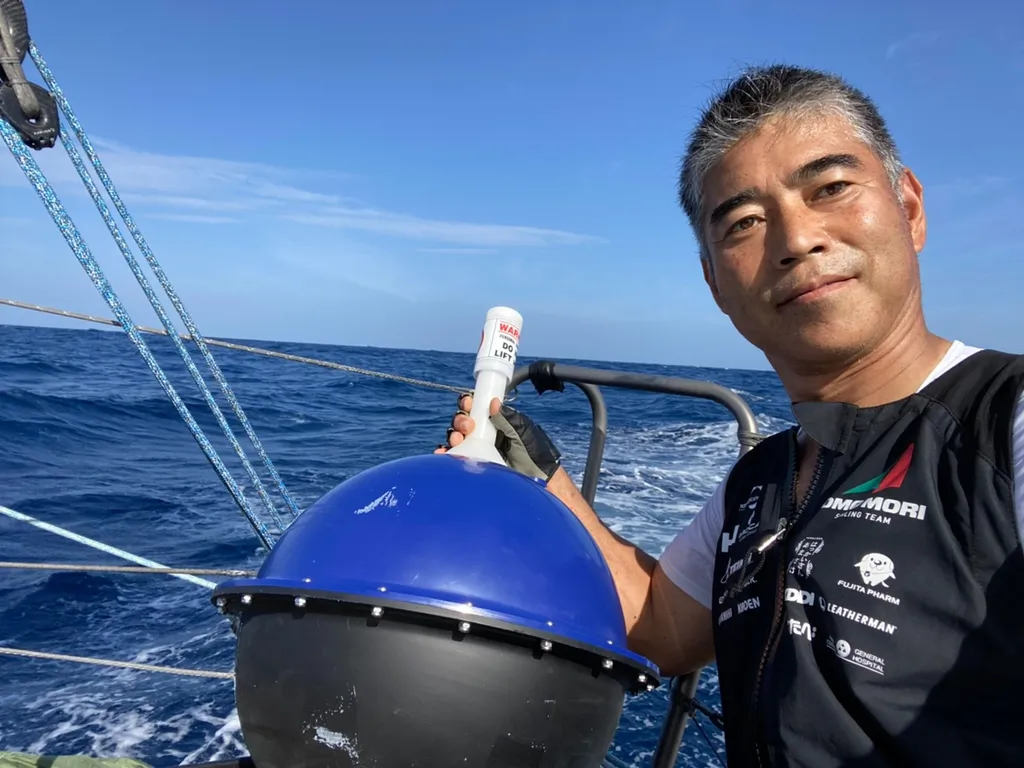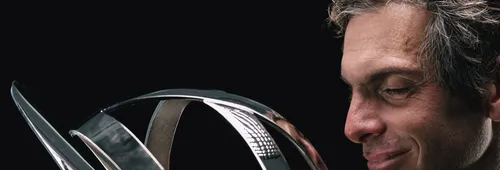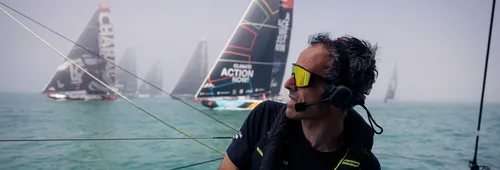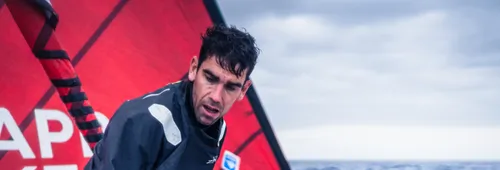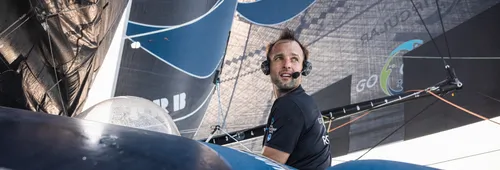Thanks to the innovative partnership between UNESCO, the Vendée Globe and the IMOCA Class, twenty-five solo skippers have volunteered to take weather-marine measuring instruments on board during the competition.
These skippers will enable the collection and distribution of essential data to scientists in real time looking to expand global knowledge of climate and the ocean, seeking to improve operational weather forecasting services, particularly in the less frequented areas of the globe such as from the Big South, the remote Southern Ocean
Several types of instruments are being utilised such as surface buoys, weather stations, autonomous Argo subsurface profiling floats, educational buoys (Calitoo) and thermosalinographs.
The data collected during and after the race, as well as the buoys deployed, will feed the Global Ocean Observing System (GOOS) which is coordinated by UNESCO.
This scientific equipment is provided by a number of institutes sharing the same vision, stakeholders of GOOS: Ifremer, Météo France, UK MetOffice, CNES, GEOMAR, CLS, the TARA Fondation, ETH Zurich. The technical coordination of all these instruments and operations will be ensured by the UNESCO International Centre of Excellence for the Coordination and Monitoring of Meteorological and Oceanographic Observing Systems (OceanOPS).
In line with the environmental commitments made by the Vendée Globe to UNESCO, taking such scientific equipment will be made mandatory for all competitors in the rules of the race from the 2028 edition.
